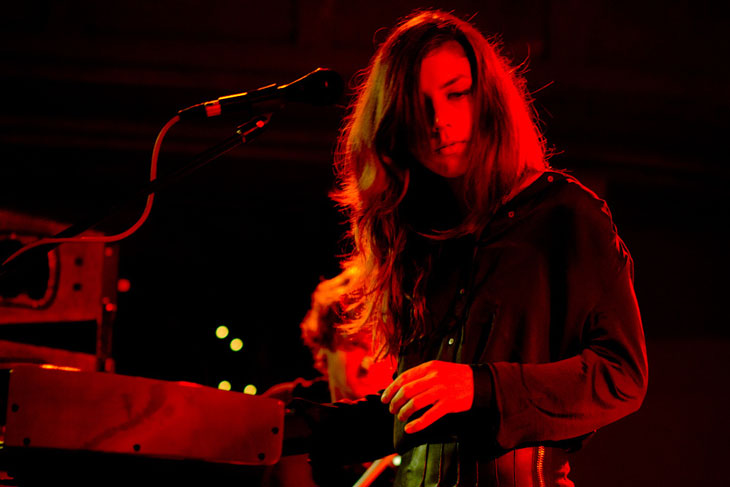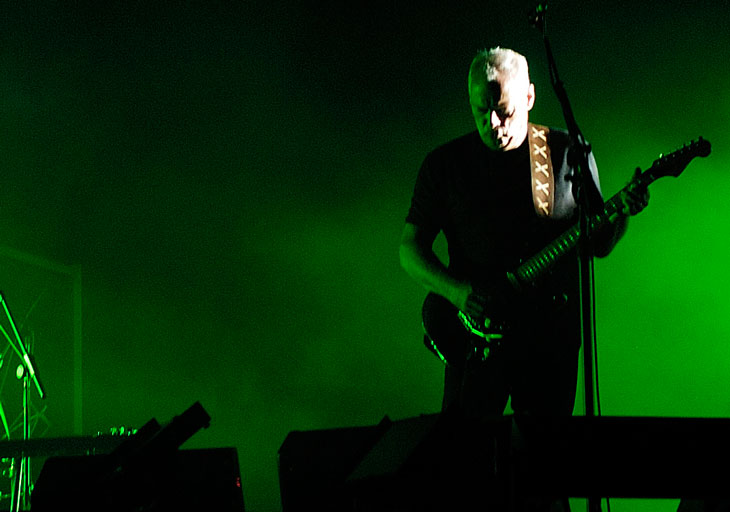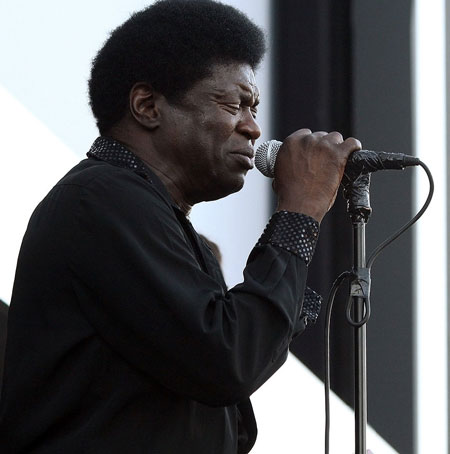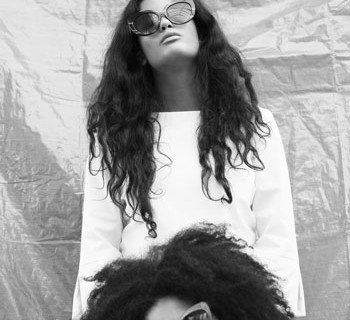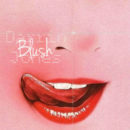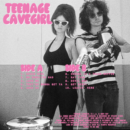Julia Holter-Have You In My Wilderness
I want to know Julia Holter.
When you listen to good music, read a good book, or watch a great movie, you see somebody at their most honest. A lot of bad art is the product of emotional artifice and dishonesty, or, I’ve found, a need for validation that isn’t genuine.
At its best, art – whether it’s John Lennon’s ode to his mother, or Philip Roth’s unnerving portrait of the sex-crazed, neurotic, teenage Jew in Portnoy’s Complaint – speaks to a universal truth, manifest because it rings true for the artist performing it.
This is a very honest album and I think it speaks volumes about Holter, yet despite the overt and honest feelings this record evokes, Holter herself manages to make honesty her shield. She makes it a hiding place.
This album is a grandiose and complicated statement by an artist ascending to greater creative heights, and hopefully greater popularity. Honestly, I’m overly fond of it.
Have You In My Wilderness is about as Baroque-art pop as any album can be. I mean, the damn thing opens with a harpsichord solo and some chanting. But where a lot of modern Baroque pop (by the way, what the hell happened to make that an acceptable phrase?) is confined to The Beach Boys’ Pet Sounds and ‘60s psychedelic rock (I’m looking at you, Grizzly Bear), this record owes a considerable debt to newer forms in the Baroque canon.
I’m going to stop saying Baroque now.
What fascinates me about this record is that I feel I know Holter and I also don’t; she is clouded in fog by virtue of her utter transparency. More importantly, I feel a profound longing throughout the entire album. The way her spiritually attuned, mezzo-soprano vocals weave the texture of a hymn, along with micro-tonal shadings that indicate an almost divine need, gives me the sense that she wants something (or someone) badly.
When I say I sense, I don’t mean just at the edges: this record is filthy with want and need. There are multiple lyrical references to waiting and being OK with it, then not being OK with it. The tracks “Silhouette” and “How Long” exemplify this profound ambivalence, with “Silhouette” containing a playful vibra-phone, Vampire Weekend-esque soundscapes in the first half, Holter waxing poetic about how the guy she wants is in the distance, and how she watches his silhouette with barely concealed desire. Then, the song takes a turn into a dramatic staccato/glissando orchestral swell, building and building until the song collapses under its own weight. Throughout this song, Holter sings of being fine with waiting as long as necessary for the one she wants.
Then, almost hilariously, Holter drops the playfulness with the dirge/drone-like piece “How Long,” in favor of wounded longing that sits right in her vocals, which have become as low as she can manage, shifting low and long with the drum-less string instrument backing. She sings about the same subject, but sorrowfully. Her voice is a marvel of emotional nuance, timbrally expressing both sides of that desire with equal gravity.
Holter wants somebody with a beautiful ambivalence that shows throughout each of the songs, right down to their arrangement, which hones in on the struggle of wanting someone you know you can’t have, and then banging your head against the wall trying to accept it. It all plays out musically and lyrically to create, if not a wall of sound, then at least a pretty well-wrought tapestry.
I can relate to that profoundly, and when I listen to this record, it unifies the beautiful, crystalline swells of strings. Like Pet Sounds and lots of other Baroque records, the rhythm is secondary to melody, more of an enforcement than a drive, although some tracks have a jazz swing to them, like “Everytime Boots.”
This album is not perfect, though. Every time I’ve listened so far, my mind has begun to wander by about the eighth of 10 tracks. This is in no small part due to the music coming undone rhythmically around the last few tracks, as the album transitions into a slower, more ruminative speed and style. Also, the emotional exhaustion and personal resonance of Holter’s ambiguous emotional landscape – want, need, and the inability to express it – hit close to home and leave me even more exhausted by the end.
With that said, after every listen I’ve had a lovely sense of gentle fulfillment, a knowledge that resonates with some emotional truth that Holter writes large on this album, even if after unraveling the layers I still haven’t found the real her. I get her because she is better at expressing how I feel than I am, not to mention that it’s some beautiful music.
And for that reason, I can’t help but love this record –
Until someone watches my silhouette.
9,999 out of 10,000 Rawckus Kung Fu Throwing Stars

